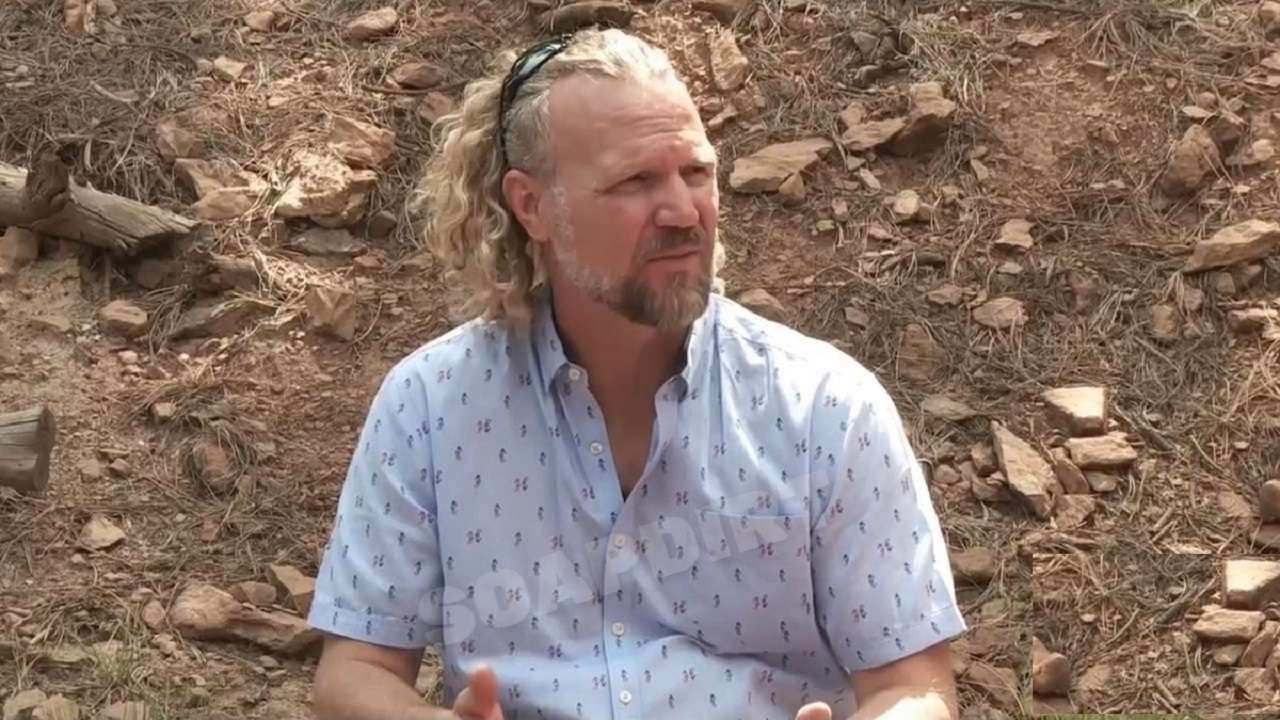Stay informed with free updates
Simply sign up to the Japanese business & finance myFT Digest — delivered directly to your inbox.
The head of one of Japan’s biggest associations of company leaders said the country had reached a “great tipping point” of corporate change as a critical mass of shareholder activists forced companies to wake from decades of slumber.
The comments by Takeshi Niinami, president of Japanese drinks group Suntory and chair of the influential Japan Association of Corporate Executives, come at the end of a year in which a record number of foreign and domestic activist funds bought a record number of Tokyo-listed stocks.
Activist funds, such as Elliott Management and ValueAct, have also become far bolder in their choice of targets — a list that now includes Japan’s biggest property developer, Mitsui Fudosan, and the automaker Nissan.
Under pressure created by activist investors, the past year has also produced a sharp increase in the value of unsolicited takeover bids — a tactic once treated as taboo, but now endorsed by the government through a change in merger guidelines.
In an interview with the Financial Times, Niinami said the surge in activism and its impact on Japanese chief executives, marked an end to the country’s protracted decades of stagnation, deflation and corporate inertia.
“The lost 30 years is over, and we are facing a great tipping point. That has to be positive,” said Niinami, who predicted that activism, dealmaking by private equity and domestic consolidation would continue to rise in 2025.
“It’s a tipping point for Japan to become more effective, more productive and more profit making,” said Niinami, who added that Japanese management would now be obliged to pay greater attention to the metrics that investors care most about, such as cost of capital and return on equity.
The race was now on, said Niinami, for chief executives to reshape their companies before an activist told them to do so. The unsolicited bid for Seven & i by Canada’s Alimentation Couche-Tard had underlined the stakes, he said.
“This message is very vital to driving all CEOs to think about what is wrong with my company? If there is something wrong, we have to fix it, otherwise we will have a huge warning from activists. Sleeping companies will now be awake,” said Niinami.
In addition to the $38bn unsolicited bid by ACT for Japan’s biggest convenience store operator, deals in 2024 included Nidec’s attempted $1.6bn “takeover without consent” of Makino Milling and a tug of war between private equity giants KKR and Bain over the IT services group Fuji Soft.
Nicholas Smith, Japan strategist at CLSA Securities, said Japan was already both the second-largest market globally for private equity and for activism. Japan accounted for two-thirds of Asian activist events, he said, and was pulling even further ahead.
“Globally, value investors and event traders are watching the Seven & i trade avidly as a potential watershed for Japan’s rapid evolution into a market for corporate control,” said Smith.
But the transformation of Japan’s stock market, warn investment bankers and other deal advisers, should be viewed as a fragile process. Jeremy White, an M&A partner at the law firm Morrison Foerster in Tokyo, said the number of shareholder confrontations or unsolicited bid stories could yet drop in 2025.
“I think that would signal that there is enough friction in the market to stop what has come to look like the direction of travel. I think what we have now is a velocity going in a certain direction: that doesn’t need to go into reverse, just applying the brakes will be bad enough,” said White.




